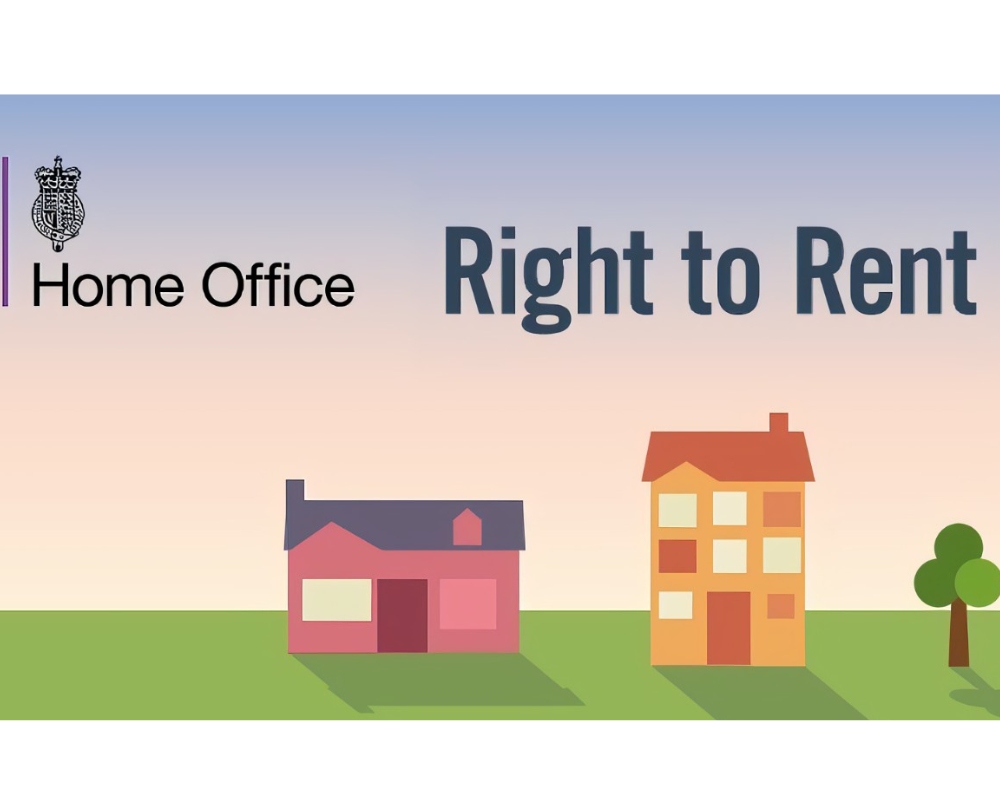
Landlords: Don’t Ignore the New ‘Right to Rent’ Rules
On 13th February this year, a new code of practice came into force. Under this code, landlords who are not complying with right-to-rent legislation are liable to get higher fines than ever before.
But what is right-to-rent, and how can you be sure that you are complying with the new legislation?
What is right-to-rent?
The Home Office introduced right-to-rent checks in 2016 so it would be harder for people to live and work in England illegally.
Ever since, all landlords renting properties in England need prospective tenants to prove they have legal status to live in the UK and the right to rent their property.
How can tenants prove their right to rent?
There are various ways in which tenants can prove their right to rent. This all depends on their nationality and immigration status.
If they are British citizens, they can show you their passport (current or expired) or a certificate of registration or naturalisation as a British citizen. Irish citizens can show their passport card or passport (current or expired). Other documents could also be acceptable.
If they’re not a British or Irish citizen, they can use their original immigration documents or other documents or get what’s called a “share” code online. They can also ask for a Home Office right-to-rent check.
All tenants over the age of 18 must have the right to rent, even if they are not going to be named on the tenancy.
Why is it important to comply with this legislation?
Fines have shot up for first-time breaches and are now set from £1,000 per occupier to a maximum of £10,000 per occupier. Repeat breaches can now face a maximum fine of £20,000 per occupier.
It’s clearly important that you carry out these checks correctly – and on an ongoing basis – especially if the tenant only has a time-limited right-to-rent in the UK. If a visa is for a fixed term only, you may need to ask the tenant to provide information later in the tenancy.
What happens if a tenant fails the right-to-rent check?
In cases such as this, you’ll need to use the landlord’s checking service to verify they’re allowed to rent without the documents. This may happen if the Home Office has their documents, they have an outstanding case or appeal, or they have been told by the Home Office that they have “permission to rent”.
How we can help
When we let or manage a property, our landlords have complete peace of mind as we take on the responsibility of carrying out right-to-rent checks throughout the tenancy.
Please contact us for advice on whether your prospective tenants are compliant with the new right-to-rent rules and find out more about what’s included in our management service.

